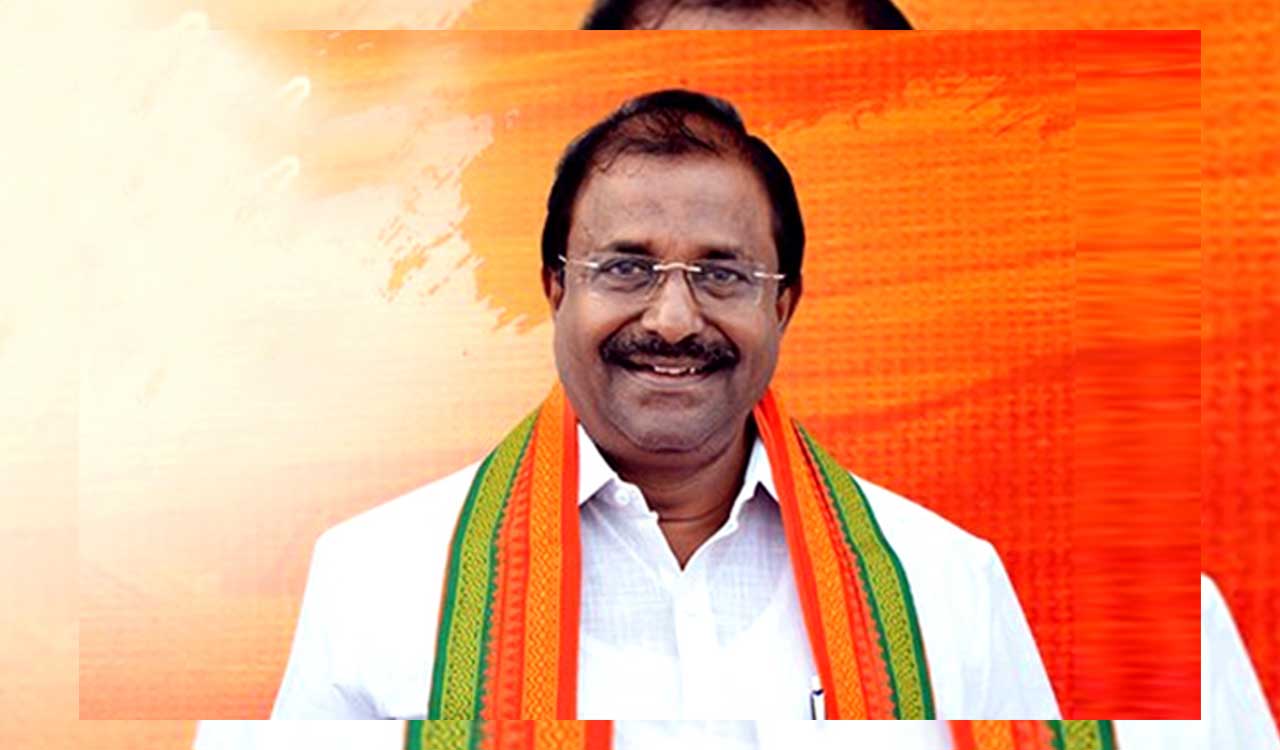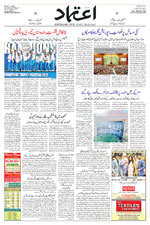Angry mobs burned down several homes belonging to Rajapaksas and MPs in Sri Lanka
Wed 11 May 2022, 10:28:00
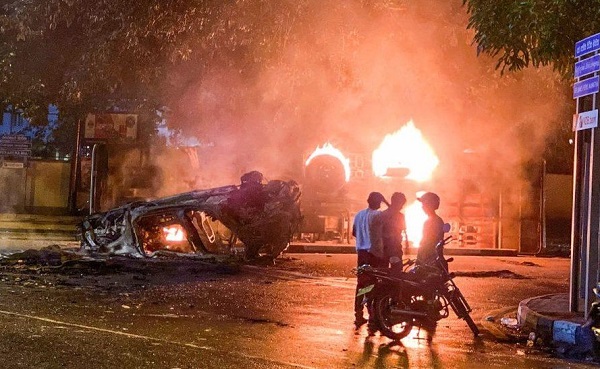
In Sri Lanka, angry mobs have burned down several homes belonging to the ruling Rajapaksas and MPs. The violence capped a day of unrest that saw Prime Minister Mahinda Rajapaksa quit amid mass protests at his government's handling of the economic crisis. But, it failed to assuage demonstrators, who attempted to storm his official residence while he was holed up inside.
Elsewhere in Colombo, tensions remained high. Men armed with sticks and rods had established roadblocks on the routes leading to and from the airport while police and security forces were nowhere to be seen. An island-wide curfew has been extended to Wednesday morning as authorities seek to quell the violence.
Shoot a sight order has been issued after protests against the government intensified. Defence Ministry has ordered the tri-forces to open fire on anyone looting public property or causing harm.
The nationwide protests against the government have intensified over the past few days resulting in an increase in incidents of clashes with the security
forces deployed at protest sites. Protestors are resorting to burning houses of ministers and MPs. Anti-government protesters also set on fire the official residences of Sri Lanka’s Moratuwa Mayor Saman Lal Fernando and the MPs Sanath Nishantha, Ramesh Pathirana, Mahipala Herath, Thissa Kuttiarachchi and Nimal Lanza.
forces deployed at protest sites. Protestors are resorting to burning houses of ministers and MPs. Anti-government protesters also set on fire the official residences of Sri Lanka’s Moratuwa Mayor Saman Lal Fernando and the MPs Sanath Nishantha, Ramesh Pathirana, Mahipala Herath, Thissa Kuttiarachchi and Nimal Lanza.
Former Sri Lankan Prime Minister Mahinda Rajapaksa and some of his family members have been shifted to Trincomalee Naval Base.
Sri Lanka is facing its worst economic crisis since gaining independence from Britain in 1948 and people are furious because the cost of living has become unaffordable. The country's foreign currency reserves have virtually run dry and people can no longer afford essential items including food, medicines, and fuel.
The government has requested emergency financial help. It blames the COVID pandemic, which badly affected Sri Lanka's tourist trade - one of its biggest foreign currency earners. But, many experts say economic mismanagement is also to blame.
No Comments For This Post, Be first to write a Comment.
Most viewed from International
Most viewed from World
AIMIM News
Delhi Assembly polls: Owaisi leads Padyatra in Okhla
Feb 01, 2025
We reject this Waqf Amendment Bill: Asaduddin Owaisi
Jan 30, 2025
Latest Urdu News
Most Viewed
May 26, 2020
Which team will win the ICC Men's Champions Trophy 2025 held in Pakistan/Dubai?
Latest Videos View All
Like Us
Home
About Us
Advertise With Us
All Polls
Epaper Archives
Privacy Policy
Contact Us
Download Etemaad App
© 2025 Etemaad Daily News, All Rights Reserved.

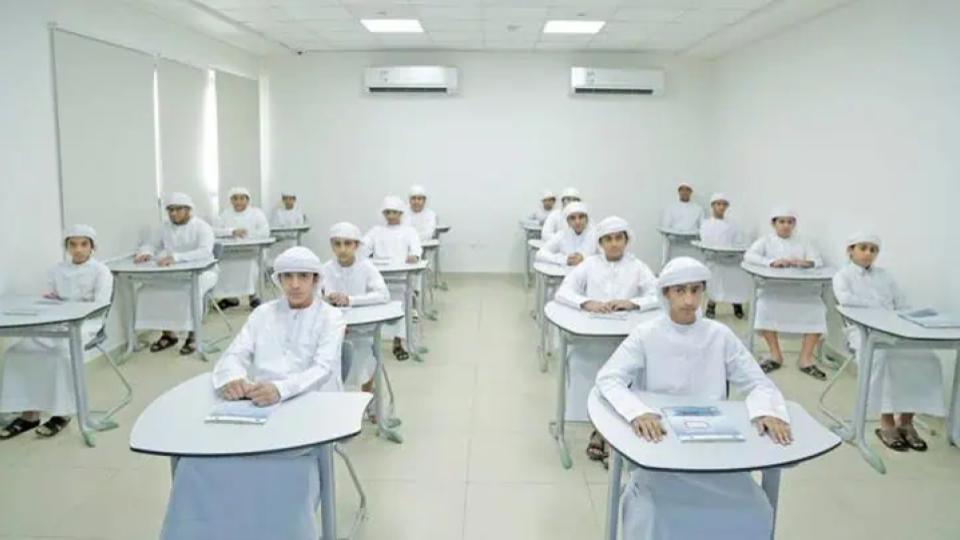
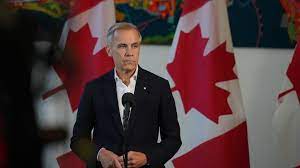
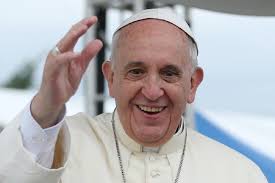
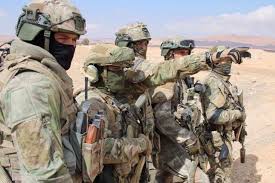
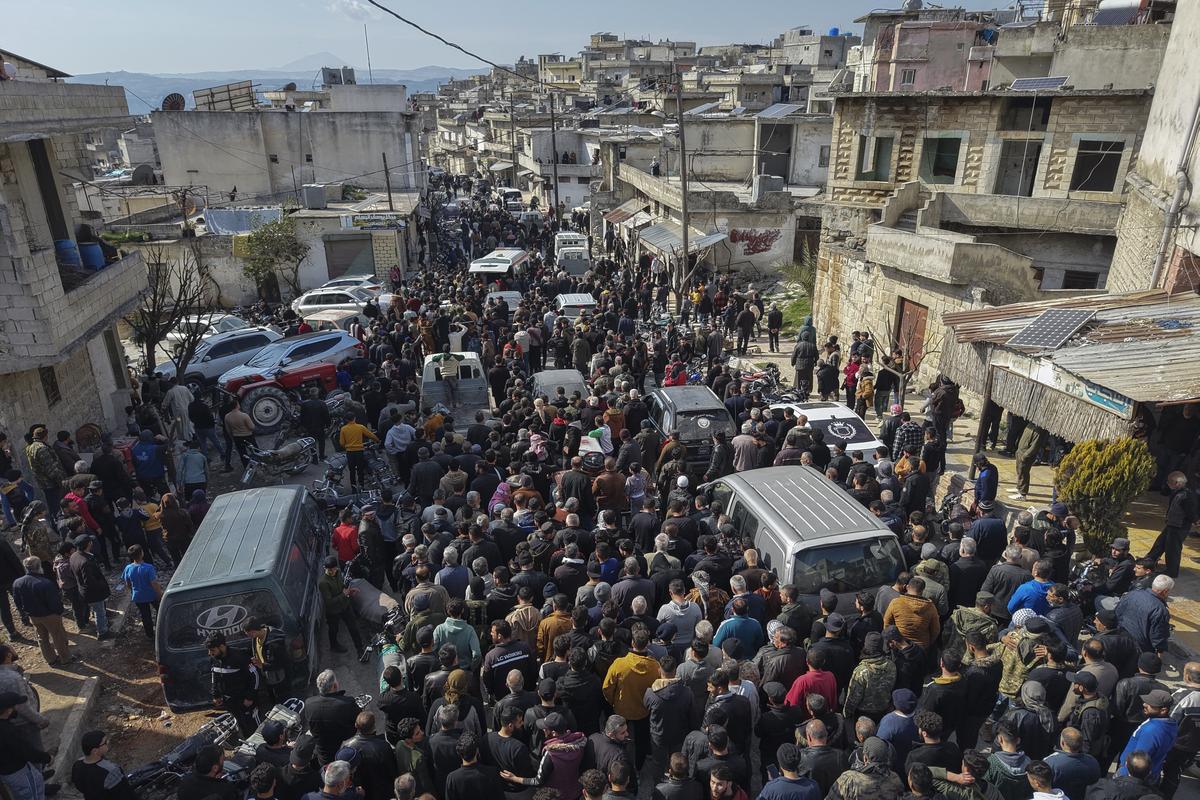
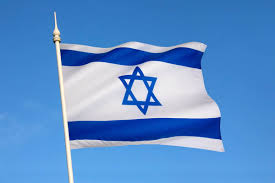
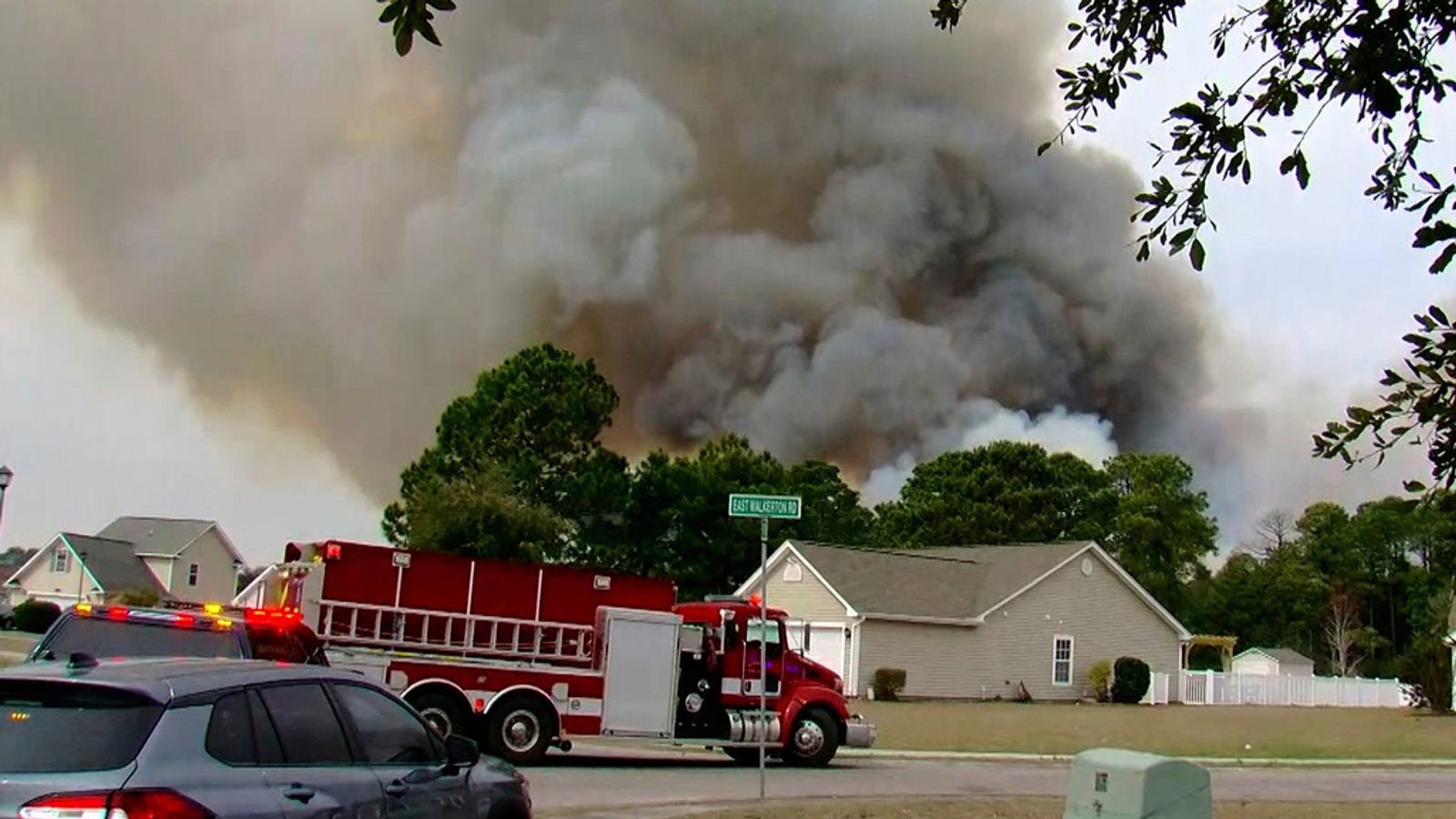
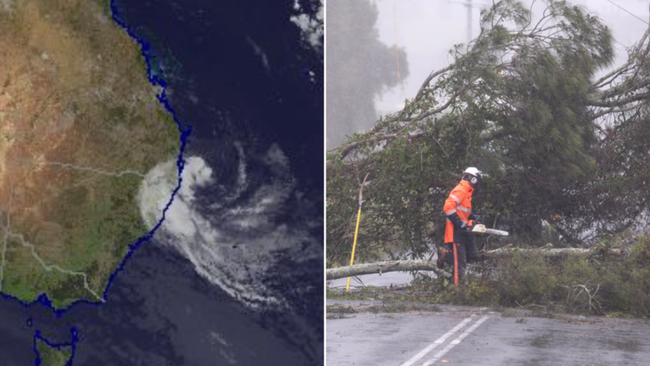
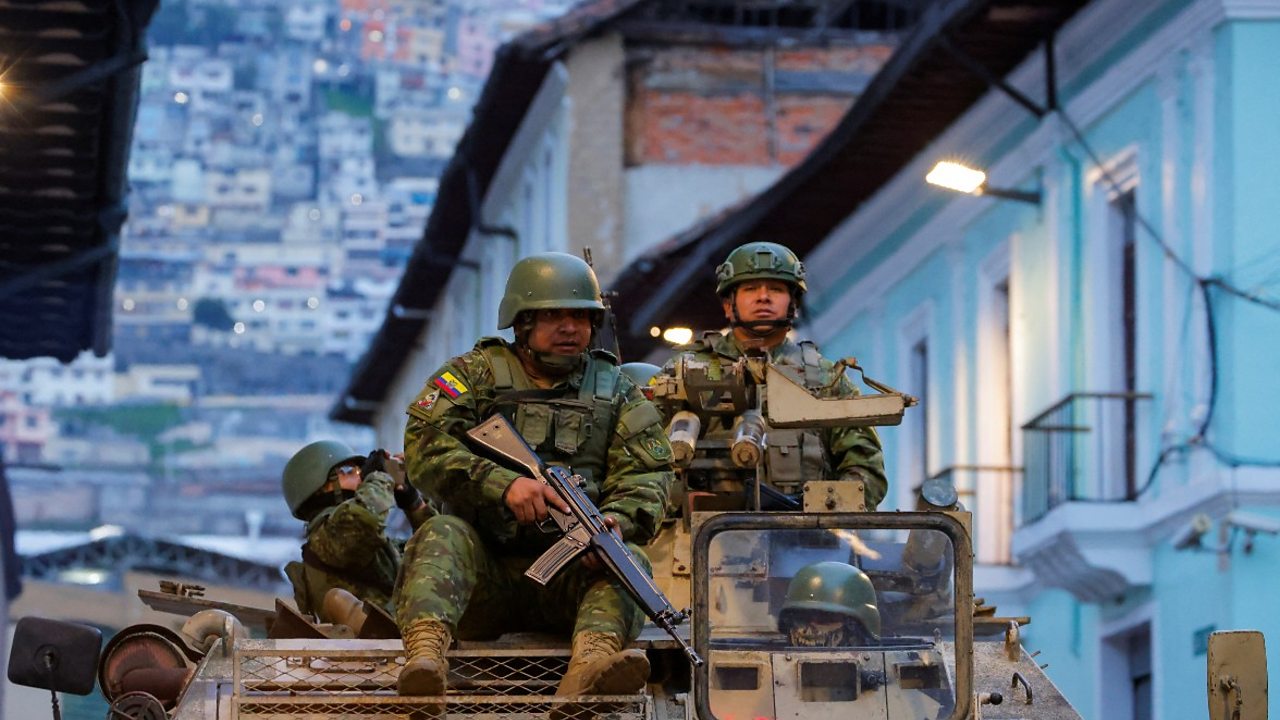
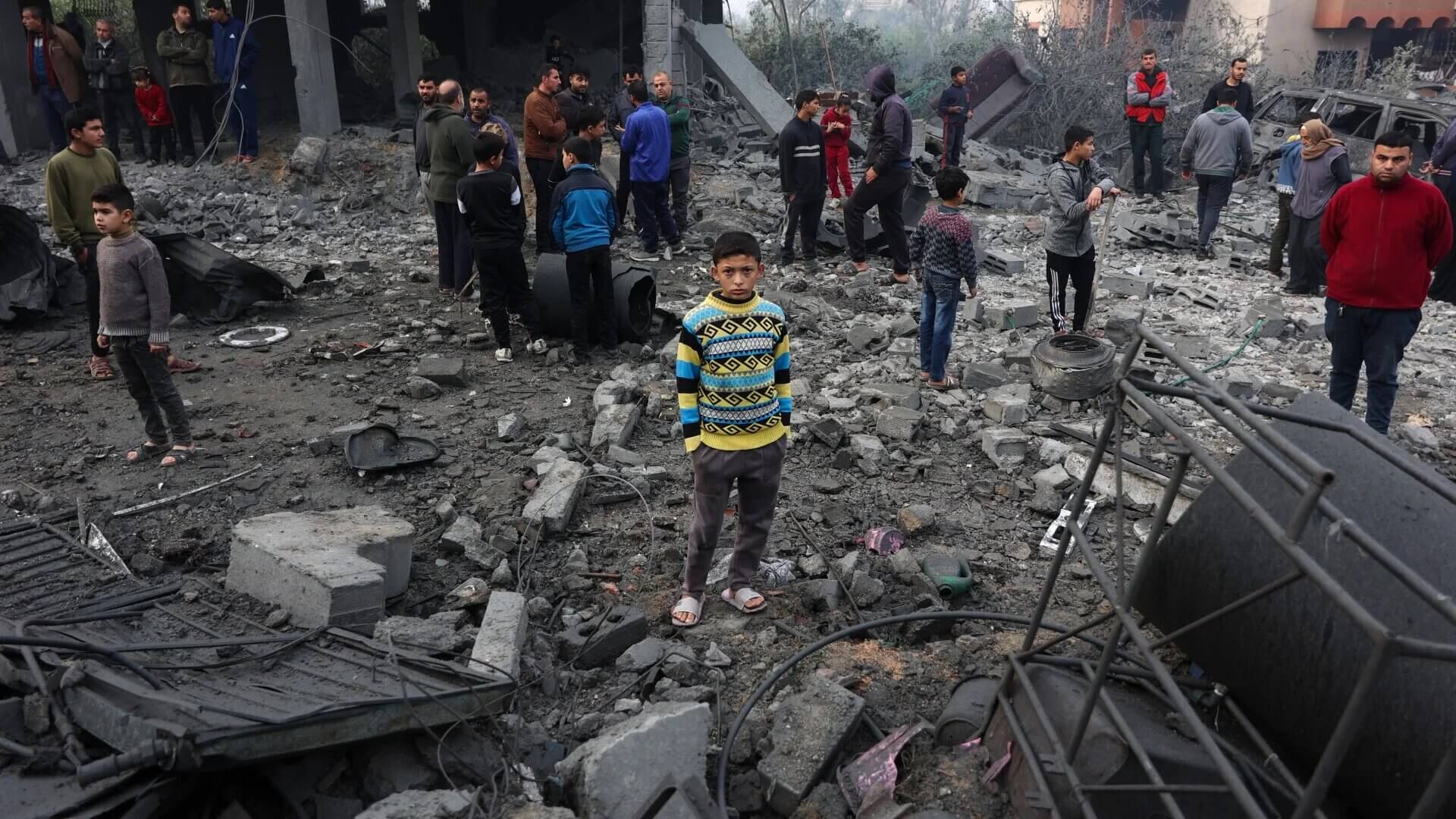
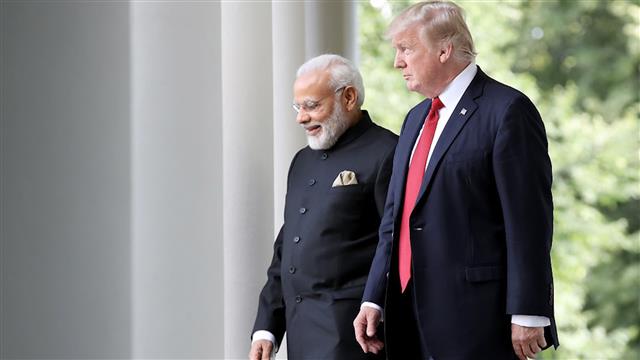
.jpg)
.jpg)
.png)
.jpg)
.jpg)
.jpg)
.jpg)
.jpg)
.jpg)
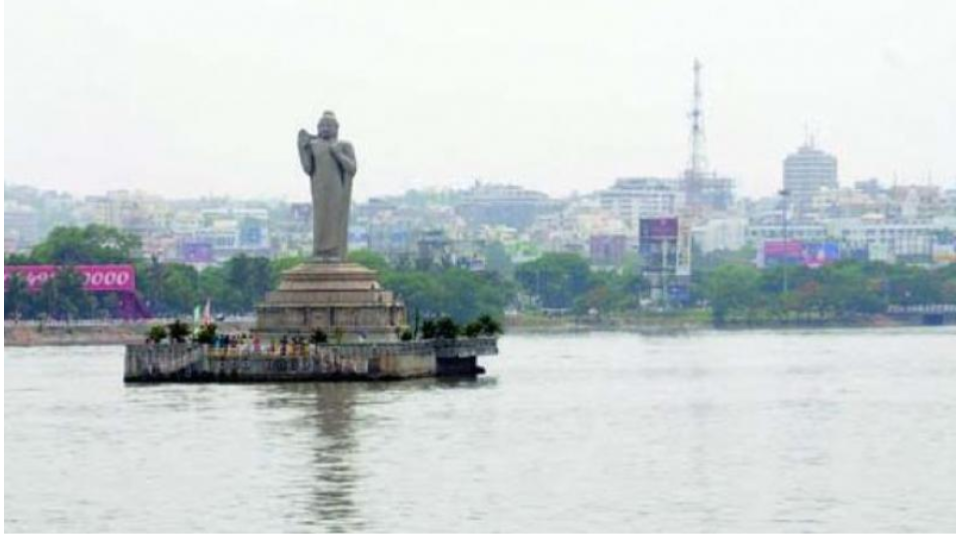
.jpg)
.jpg)
